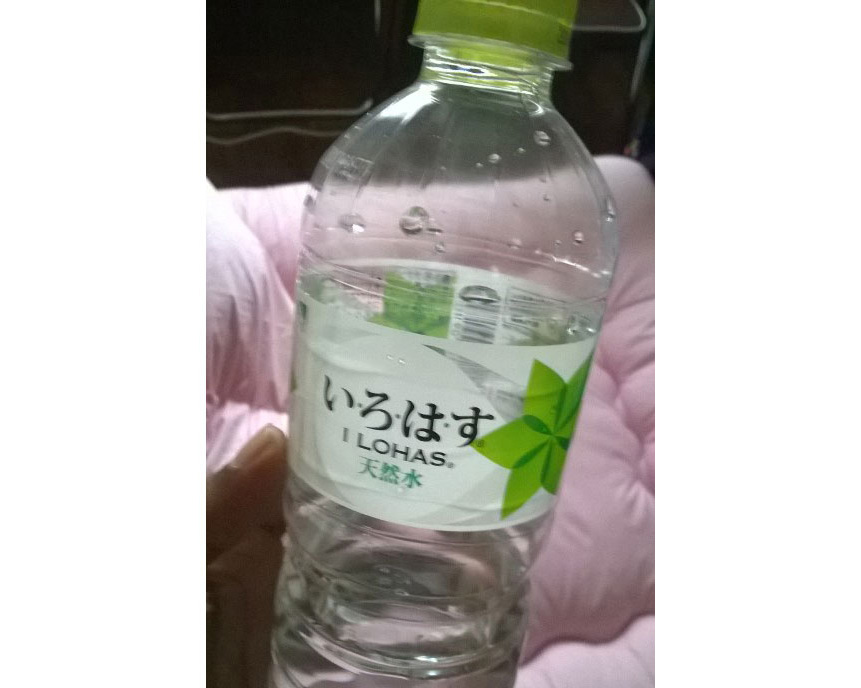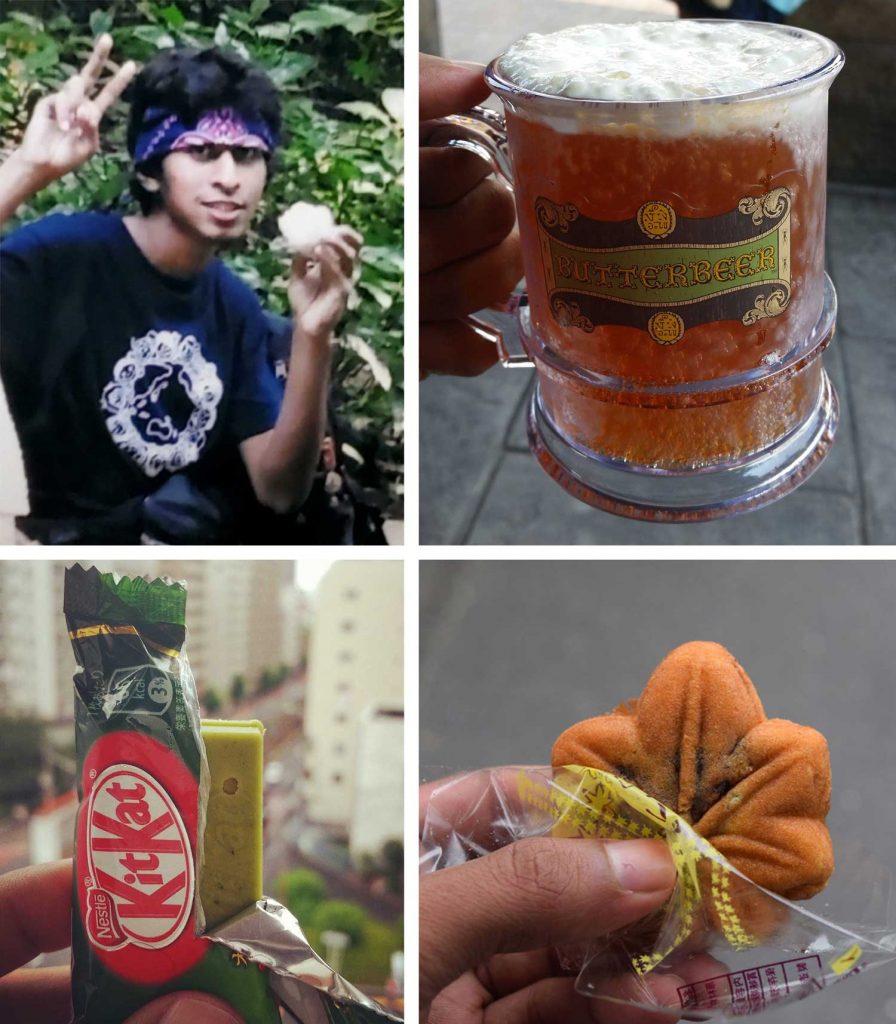If you are considering “studying abroad”, in Tokyo or anywhere else in the world, you should know that it won’t be an easy task. This is because everything changes – the foods we eat, the customs we follow, and the rules we adhere to. So let me give you a few tips based on what I have learned during my time in Tokyo as a student.
I came to Japan in April 2015. In Tokyo, it was raining after a very snowy few days. I wanted to mention this because Tokyo doesn’t get much snow. For the whole year, it’s mostly one day. So I (a 19-year-old tropical country “dude”) arrived at my Shinjuku apartment with a couple of my bags’ wheels broken on a cold, rainy day. Lucky for me, I was in Shinjuku where it seems like there’s a convenience store (or kombini as we say here) around every corner. It’s still fresh in my mind what I bought that day — a karaage bento and an I LOHAS bottle of water. And that’s how my life started in Japan 9 years ago.
I was a privately financed student who wanted to add “Dr.” to my name one day. Most people assume I’m gonna give them a very sparkly answer when they ask me why I want to get a doctorate, but I always disappoint them by saying “I just wanted the ‘Dr.’ in front of my name.” Because that’s the truth. I’d like to apologize to everyone who’s asked me this question and everyone who’s going to ask me this question in the future. So, back in 2015, I was a language school student. The school I went to was great. I studied there for one year and then went on to become an undergraduate student, a graduate student, and then a PhD candidate. All the education institutions I’ve been a part of have been great. But in any sense, this journey wasn’t a bed of roses (not to mention I was the only Sri Lankan 99% of the time).

It’s all because I worked my bottom off. In 2015 I had no income. I had to rely on my parents for nearly a year just for everyday expenses. It wasn’t comfortable for me to work part-time because in Sri Lanka we didn’t have the concept (at least for me). I should mention here that in Sri Lanka at that time, studying abroad in Japan wasn’t a thing either. It wasn’t comfortable for me to do this. In Sri Lanka, I graduated from one of the top three high schools in the country. So obviously my pride was involved. Eventually, I realized I was in a different country, starting a new life, and I needed money to survive. So I had to put my pride aside and do what I had to do. I started working at izakayas, ramen places, kombinis, and sushi restaurants. Honestly, things weren’t going well financially. But I never lost sight of what I wanted to accomplish. While I worked, I also studied. Having a good grade point average helped me apply for scholarships, and I got my first scholarship when I started my junior year. It was around JPY 40,000, which is something. But in Tokyo rent alone is generally more than that. But for me, it felt like winning the lottery. I wasn’t a government-funded student. Many people assume I am because I’ve been in Japan for a long time and I’m pursuing a PhD, but I’m not.
Here’s the first lesson I learned: “Japan is expensive, but you can survive if you know what you need and what you don’t.”
Alright, you got a few scholarships and you survived Japan, but where are the selfies with sakura flowers, drinking matcha, eating KitKats and travelling? Well, I’ve done all that except the selfie thing. But I have seen sakura. What I want to say is that it’s going to vary from person to person how you enjoy Japan. During my first five years, I didn’t travel much. I went to famous cities like Osaka, Kyoto, and Nara. But that’s about it. Bought a lot of KitKat though. I drink a lot of green tea and matcha (you should try Starbucks matcha. I now drink it almost every week, not the cold one but the hot one).
Here’s the second message I want to get across: “You shouldn’t do anything just because other people are doing it, you should do it because you want to.”

Japan is a wonderful country. There’s no comparison to the opportunities it presents. But to really experience Japan, you’ll need Japanese. When I moved here, I had an advantage because I started learning Japanese at a young age. However, learning Japanese in Sri Lanka isn’t the same as living in Japan. Trust me, even if you passed JLPT N3 there are Kanji characters that make you feel like you are reading some alien text found in Roswell. One letter indicating a whole word and a meaning isn’t a concept we have in Sri Lanka. But one must be adaptable to change. In Japan (or in any other country), things that make sense in your home country might not make sense.
This is what I’m trying to say, the last message to you: “Be cautious, adaptable, and absorbable.”
To be honest, it’s really hard to summarize my 8+ years in Japan in one blog post. There’s a lot more I haven’t mentioned. But I think anyone can enjoy their stay in Japan if they understand these three messages. I think I did a good job writing this blog if people get these three messages right and realize you have to think long term, not short term. Set goals, adapt to situations, understand your priorities, don’t be afraid of problems and mistakes, and keep learning. Optimization is the key to everything. Most importantly, don’t forget why you came to Japan in the first place! There wasn’t anyone to tell me these things. So use this blog as advice from a Senpai.
